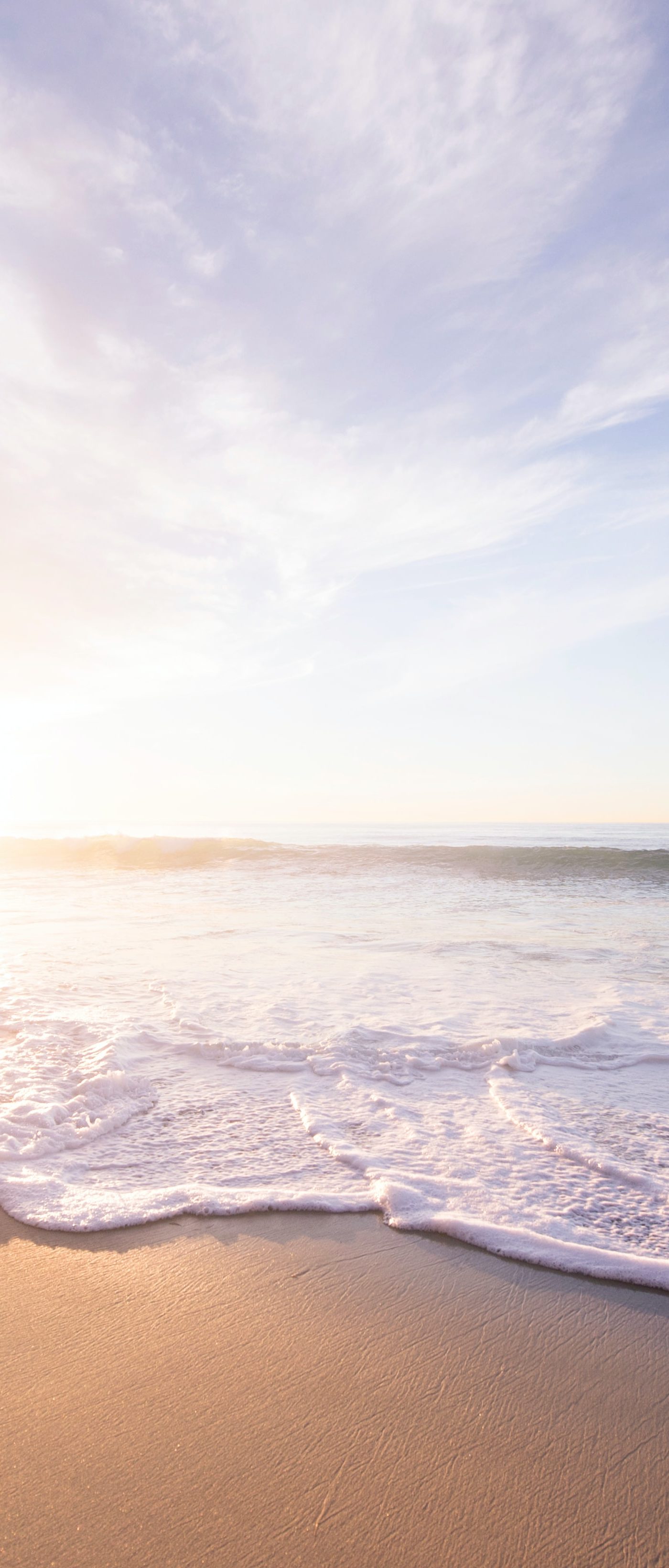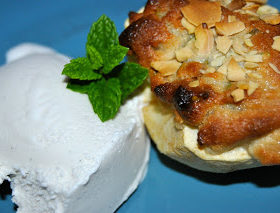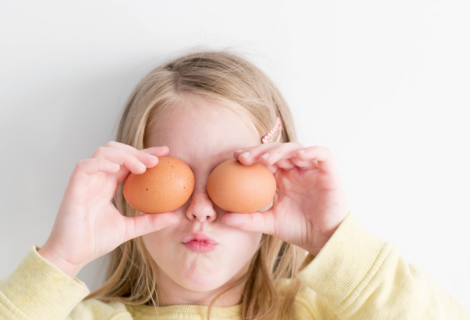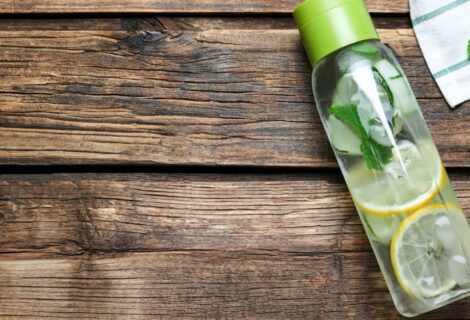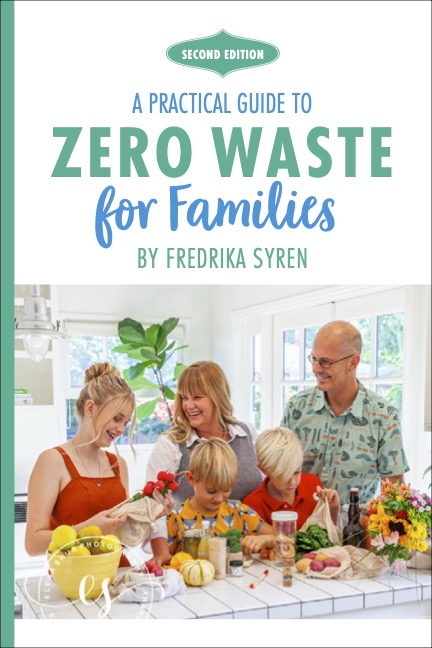Sponsored Post
Plastic waste, particularly single-use plastic, has been sky-rocketing, and everyone understands the importance of recycling. In just 50 years, we’ve created a massive problem that future generations will have to deal with. Did you know that plastics became popular in the 1970s? Statistics also indicate that, since the 1950s, humanity has created 8.3 billion metric tons of plastic. Our use keeps escalating, too–half of that waste was manufactured in the last fifteen years. The Great Pacific Garbage Patch continues to act like an island, and we have 270,000 tons of plastic floating in the ocean.
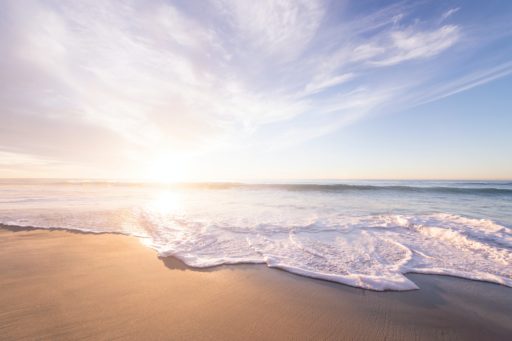
Although efforts are underway to clean up our oceans, parents must educate their kids about the drastic effects on the environment. Children are the next warriors of the planet, and they will inherit a world reeling from a plastic catastrophe. A good first step is to support programs dedicated to gathering waste from the oceans, and use your ocean cleanup bracelet as a conversation starter when talking about eco-issues with friends and family.
- Teach Your Kids About the Ill-Effects of Plastic
Close to 70% of the plastics you use, ranging from sipping straws and food packaging to disposable razors, diapers, and stationery, will end up in our oceans. Eliminating the use of all plastic is next to impossible, but you can explain why you insist on recycling and segregating waste. These activities should be part of your daily chores, as should training on how to differentiate plastic from paper. Start a game where you encourage the kids to toss the trash in the right cans by identifying them according to their color – not just at home, but when they go out to the playground or accompany you on errands.
- Reuse and Find New Ways to Use Waste
Work with the kids to find new ways to reuse discarded items. Share shoes, clothes, and toys that they have outgrown, passing them on to friends and family who can use the items for years to come. And, accept still usable items when friends offer them. Get books from libraries and experience the fun of a book exchange program with your neighborhood or school. Try origami and collage made from old homework sheets, leftover art project materials, and finished coloring books. You could also experiment with papier-mache, which is an interesting way to learn how to reuse waste paper.
- Take Your Kids for a Cleanup Picnic
Organize a family picnic to the local park, riverside, lake, or beach. Not only do kids enjoy spending time exploring the outdoors, but you can also get them to join in cleaning up. When the activity feels like a game, it becomes fun. The activity can serve as a powerful lesson in respect for the environment and the importance of removing rubbish that can pollute waterways and ultimately end up in the oceans. Set an example, since children learn best when emulating their parents and caretakers.
Do remember to stay safe and clean by using gloves, and teach kids to ask for an adult to help with any glass or sharp-edge metal.
Cleaning up the oceans starts at the source by preventing waste from entering the ecosystem. Take the first step by recycling, reusing, and educating your children about why this is so important.


